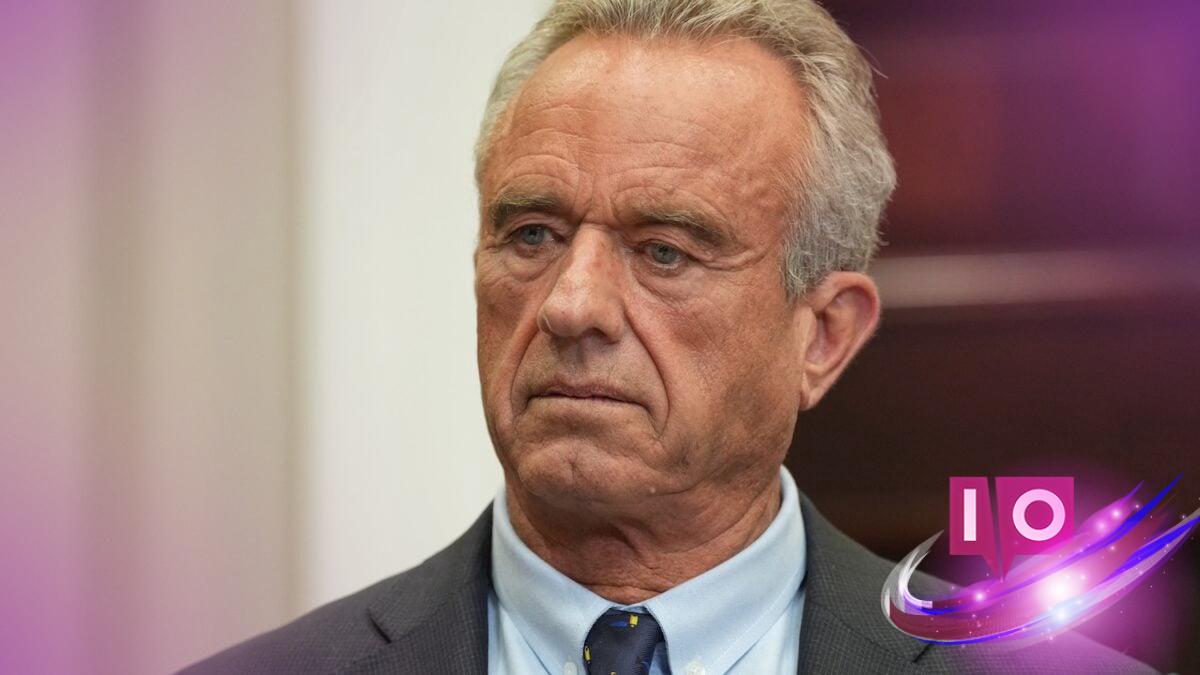Robert F. Kennedy Jr.’s recent leadership at the Department of Health and Human Services (HHS) has sparked considerable debate. Amid a series of contentious policy shifts, he has introduced a move that may leave many wondering about its effectiveness: mandating the use of ChatGPT across the agency.
According to 404 Media, employees at HHS received an email titled “AI Deployment,” announcing that ChatGPT is now officially available to all staff. Oversight of this rollout comes from Clark Minor, the agency’s newly appointed Chief Information Officer (CIO), previously associated with Palantir. Reports confirm this communication, adding a layer of credibility to the announcement.
Understanding the Value of AI in Health Administration
The email from deputy secretary Jim O’Neill emphasized the potential of artificial intelligence to transform health care and government efficiency. It addressed the overwhelming administrative burden on staff caused by excessive emails and meetings—factors that can divert focus from critical tasks. With the ChatGPT deployment, the department aims to streamline operations and reinvigorate efforts to enhance public health.
What Changes Can HHS Employees Expect?
O’Neill’s message conveyed enthusiasm for AI’s role in enhancing efficiency, stating, “I’m excited to move us forward by making ChatGPT available to everyone in the Department effective immediately.” Notably, several divisions within HHS, such as the FDA and the Administration for Children and Families (ACF), have purportedly experienced benefits from prior uses of AI technology. The hope is that wider adoption will promote transparency and improve health outcomes.
How has Kennedy’s Leadership Affected HHS Policies?
Kennedy’s tenure has not been without controversy. His administration has seen substantial staff reductions and criticism, especially concerning vaccine programs. Many well-known figures, including the director of the Centers for Disease Control and Prevention, have resigned in protest of these decisions. The new director, Jim O’Neill, shares a professional history with Kennedy that raises eyebrows among many observers.
Can AI Make a Difference in Health Care?
Some may question whether the introduction of ChatGPT can truly address the challenges faced by HHS. Is relying on a chatbot a reasonable solution when faced with deep-rooted issues? While AI holds promise, its effectiveness largely depends on its integration into existing systems and cultures.
Can AI improve efficiency in government agencies like HHS? Yes, when implemented thoughtfully, AI can reduce workloads and improve response times, allowing staff to focus on more important, high-impact tasks.
What are the risks associated with using AI in health care? While AI offers numerous benefits, there are also risks, including the potential for inaccuracies and misinterpretations, particularly if safeguards are not established.
How can employees at HHS leverage ChatGPT effectively? Staff members are encouraged to explore the capabilities of the tool to enhance reporting and communication within their teams, thus maximizing productivity.
How will the deployment of ChatGPT impact health outcomes for Americans? Although this shift could lead to more efficient operations, the ultimate impact on health outcomes will depend on various factors, including commitment from leadership and ongoing staff engagement with the technology.
Kennedy’s implementation of AI at HHS is certainly a bold move, but given the tumultuous context of recent changes, it raises many questions about future effectiveness. As the AI revolution unfolds, only time will reveal whether this strategy benefits the agency and, by extension, public health.
For more insights and discussions around health policies and innovations, continue exploring content at Moyens I/O.
